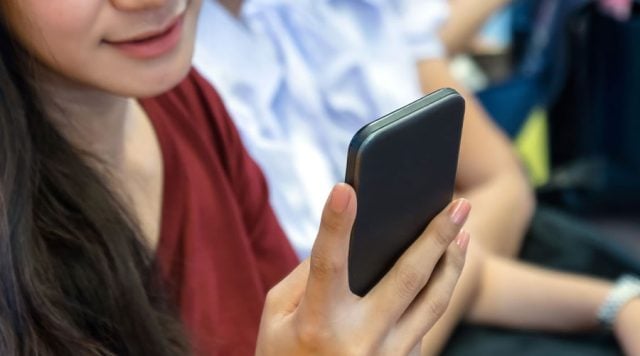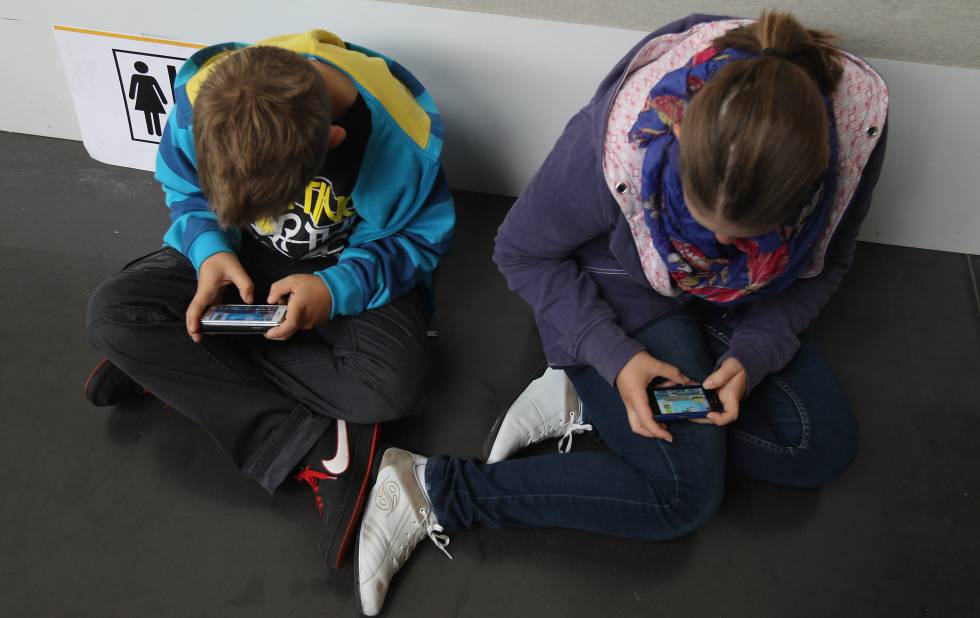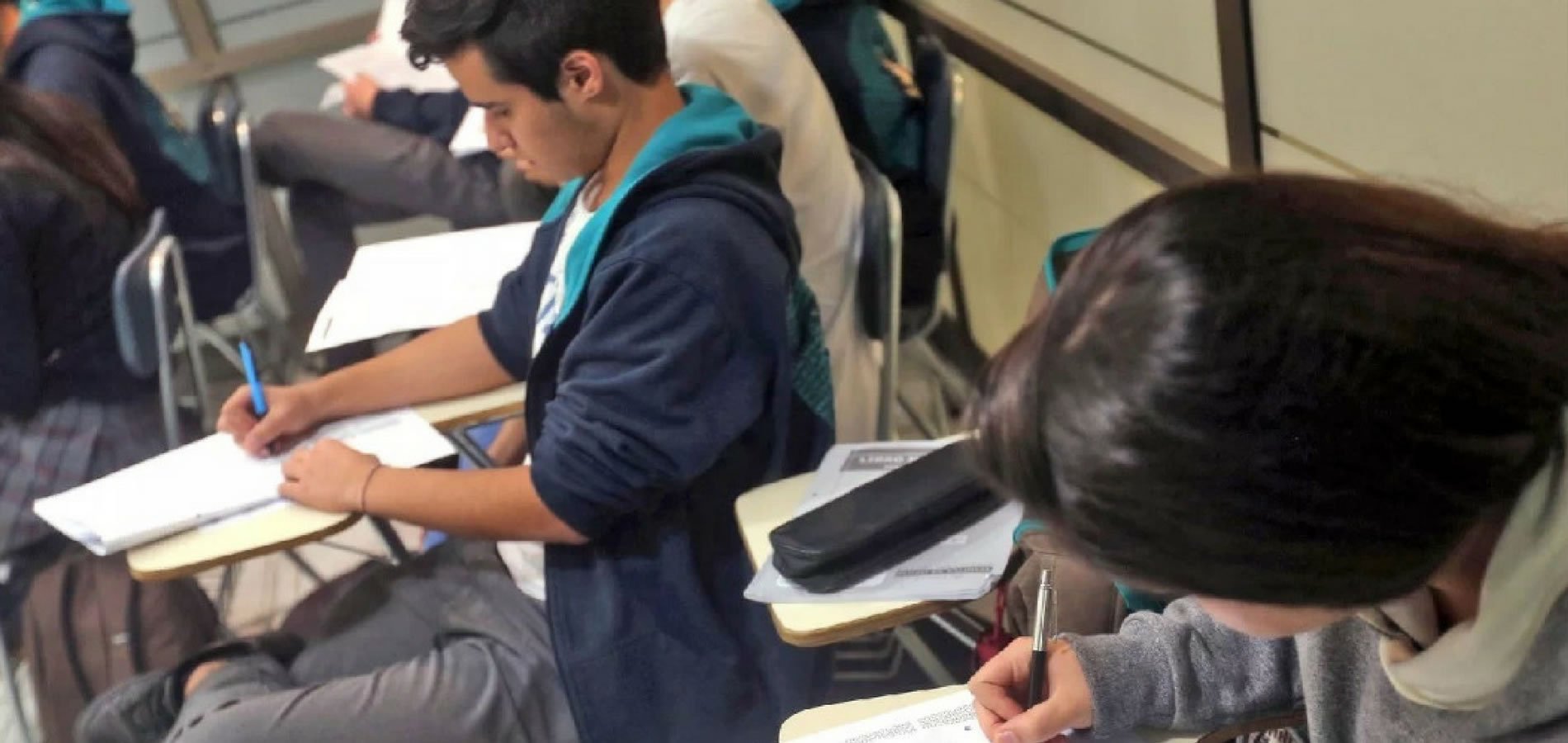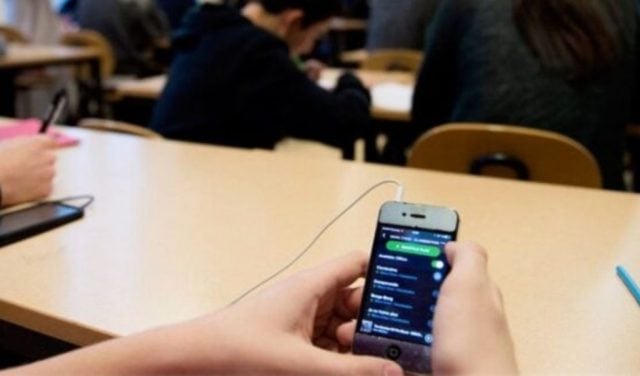In recent years, smartphone use has become widespread across society, and today even children and adolescents have their own devices—fueling debate over whether phones are beneficial in educational settings.
In response, specialists at the University of La Serena analyzed the pros and cons of the issue and examined how technology is reshaping how students learn.
First, Francisco López, a professor in the Department of Biology and director of the Laboratory for Research and Technological Innovation for Science Education (LIITEC), argued that smartphones are part of the broader digital ecosystem and that banning them will not fix educational problems; what matters is how they are integrated into the classroom.
‘It is important for digital technology to be present in schools because it creates opportunities to learn and to recreate environments or models that would otherwise be out of reach,’ the educator emphasized.
For López, who holds a master’s degree in Biological Sciences, the classroom is a safe space to use technology, since teachers are trained to teach with it—so removing it would be a mistake.
He also noted that technology extends well beyond phones, encompassing tools such as interactive whiteboards, tablets, and other devices.
Meanwhile, Pablo Castro, an academic in the Faculty of Humanities and a specialist in cognitive development in contexts of school violence, warned that smartphone use can become problematic when there is no proper regulation.
On this point, he cited research indicating that early and excessive screen exposure is associated with difficulties in reading, writing, and social interaction.
In that sense, the psychologist added that teachers should take the lead and that supervising students’ phone use can be positive; however, when students have open and excessive internet access during class, digital violence can increase.
‘That is why regulation is key, with clear, shared rules; otherwise, greater aggression and lower adherence to norms can result,’ the academic added.
Even so, Dr. Pablo Castro cautioned that responsibility does not rest solely with teachers. The problem goes beyond the classroom, and many schools do not align rules with families and students, which makes it harder for parents to participate or provide feedback.
He also explained that, according to studies, some families give devices to their children to alleviate parental stress—and that the more the device is restricted, the more stress or conflict it can trigger.
Finally, academic Francisco López agreed on the importance of school–family agreements that promote appropriate smartphone use, emphasizing that a phone is not the same as social media—and that technology is much more than that.
Read more:
El Ciudadano












